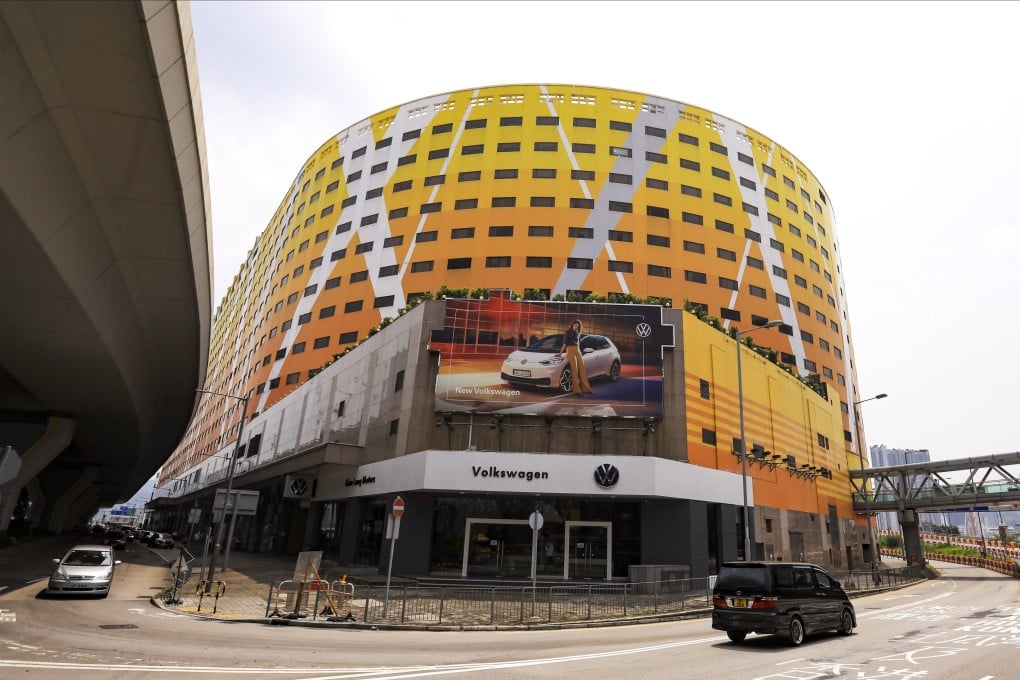Investment in Hong Kong non-residential property set to double to almost US$13 billion this year, Cushman says
- The number of non-residential sales worth more than HK$100 million each is expected to reach about 200, following just 79 deals worth HK$48.8 billion last year
- Abundant capital to chase a diminishing pool of stock, and prices are likely to increase further over the next three to six months, Savills executive says

Big-ticket investment in Hong Kong property is set to more than double this year and rise up to HK$100 billion (US$12.9 billion), the highest since 2018, as local investors and international funds make a beeline for non-residential properties.
The number of non-residential sales worth more than HK$100 million each is expected to reach about 200, at a volume of HK$90 billion to HK$100 billion, according to consultancy Cushman and Wakefield. Last year, just 79 deals generated HK$48.8 billion.
“The total consideration for this year is likely to reach half of the peak in 2017 or 2018,” said Keith Chan, Cushman’s director and head of research.
The retail sector recorded the highest number of deals as local investors were in favour of smaller assets, but a greater chance for long-term growth, according to Cushman.